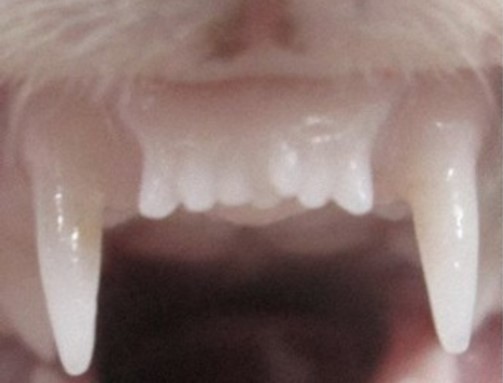The Philips Hue ecosystem of home automation devices is “collapsing into stupidity,” writes Rachel Kroll, veteran sysadmin and former production engineer at Facebook. “Unfortunately, the idiot C-suite phenomenon has happened here too, and they have been slowly walking down the road to full-on enshittification.” From her blog post: I figured something was up a few years ago when their iOS app would block entry until you pushed an upgrade to the hub box. That kind of behavior would never fly with any product team that gives a damn about their users — want to control something, so you start up the app? Forget it, we are making you placate us first! How is that user-focused, you ask? It isn’t.
Their latest round of stupidity pops up a new EULA and forces you to take it or, again, you can’t access your stuff. But that’s just more unenforceable garbage, so who cares, right? Well, it’s getting worse.
It seems they are planning on dropping an update which will force you to log in. Yep, no longer will your stuff Just Work across the local network. Now it will have yet another garbage “cloud” “integration” involved, and they certainly will find a way to make things suck even worse for you. If you have just the lights and smart outlets, Kroll recommends deleting the units from the Hue Hub and adding them to an IKEA Dirigera hub. “It’ll run them just fine, and will also export them to HomeKit so that much will keep working as well.” That said, it’s not a perfect solution. You will lose motion sensor data, the light level, the temperature of that room, and the ability to set custom behaviors with those buttons.
“Also, there’s no guarantee that IKEA won’t hop on the train to sketchville and start screwing over their users as well,” adds Kroll.
Source: Is the Philips Hue Ecosystem ‘Collapsing Into Stupidity’? – Slashdot

